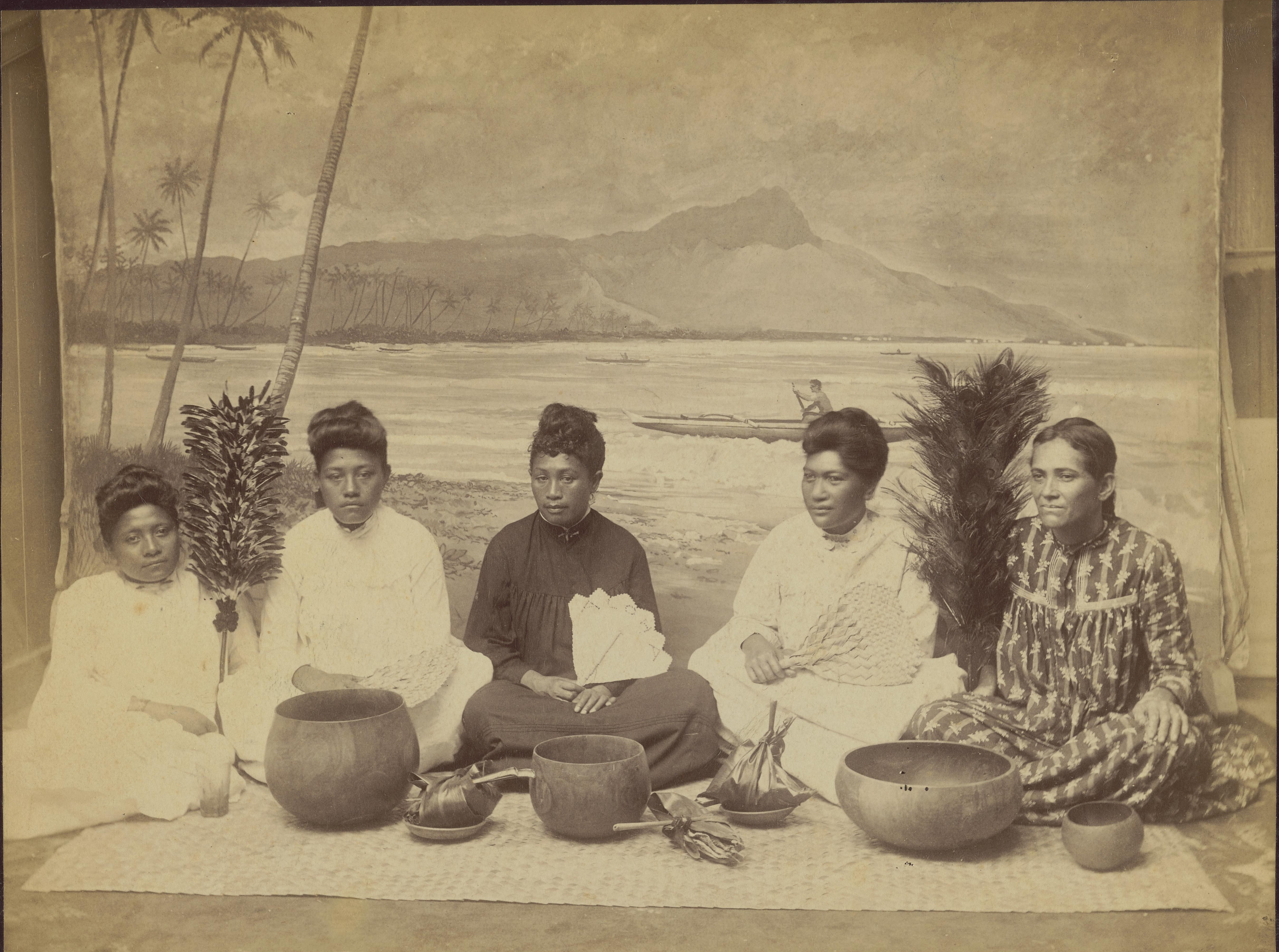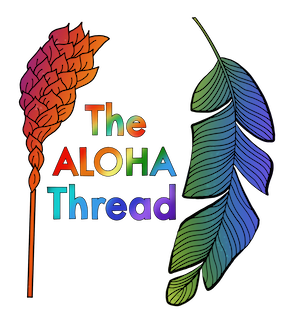Family

Photo Credit: Hawaii State Archives
Literal Translation: Spoken in respect and admiration of a family reared by a woman who alone fed and clothed them.
As we delve into the rich tapestry of the Hawaiian language, we discover phrases that not only convey meaning but also evoke a sense of history, culture, and beauty. One such phrase is "Luhi wahine ia", a term that holds a special significance in ancient and modern Hawaiian culture.
When we combine these three components, "Luhi wahine ia" can be translated to "her woman" or "his woman", depending on the context. However, in modern Hawaiian language, this phrase is often used to mean "his wife" or "her wife". This nuance is significant, as it highlights the importance of relationships and family in Hawaiian culture.
In ancient Hawaiian society, "Luhi wahine ia" was a term reserved for a chief's wife or a woman of high rank. This phrase was a mark of respect, acknowledging the woman's status and influence within the community. The use of "Luhi wahine ia" in this context underscores the importance of women in ancient Hawaiian society, where they held significant power and authority.
Today, "Luhi wahine ia" is still used as a term of respect and affection to refer to a woman, particularly in romantic or familial contexts. It's a phrase that conveys love, admiration, and appreciation for the woman in one's life. Whether used to address a wife, partner, mother, or sister, "Luhi wahine ia" is a powerful expression of aloha (love and compassion).
"Luhi wahine ia" is more than just a phrase – it's a window into the rich cultural heritage of Hawaii. By understanding the individual components and the context in which it's used, we gain a deeper appreciation for the language, history, and people of Hawaii. As we continue to learn and grow, phrases like "Luhi wahine ia" serve as a reminder of the beauty and significance of the Hawaiian language and culture.
Pukui, Mary Kawena, and Dietrich Varez. 'Olelo No'eau: Hawaiian Proverbs and Sayings'. Bishop Museum Press, 2018.
